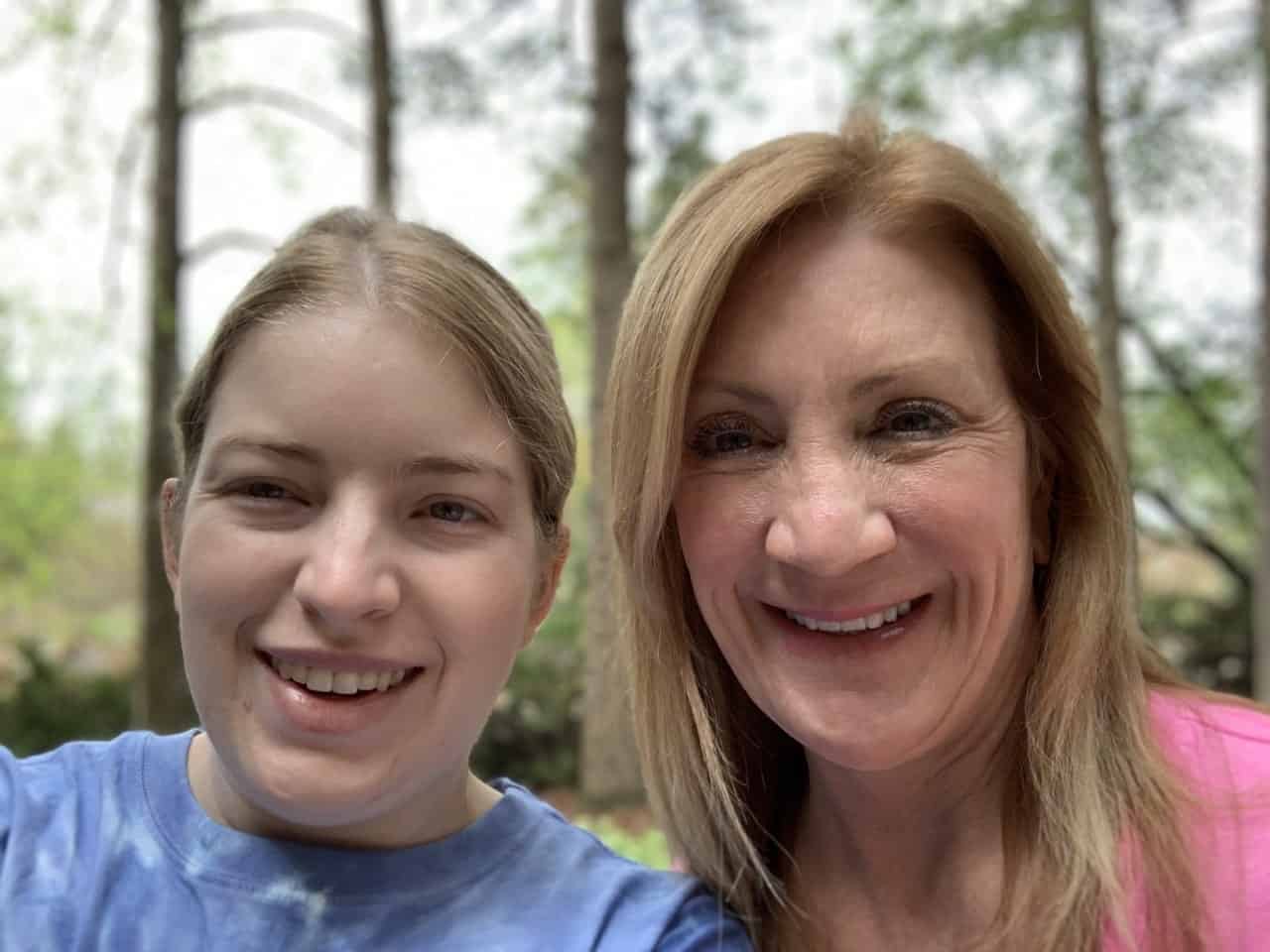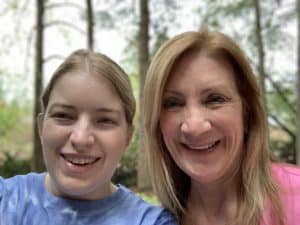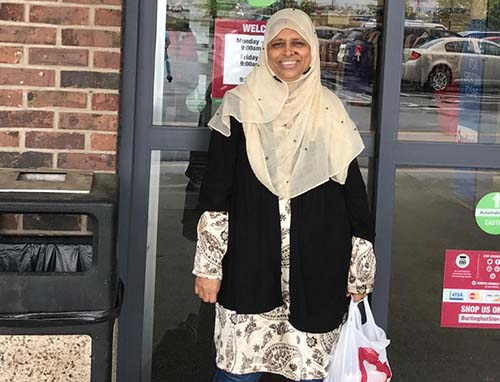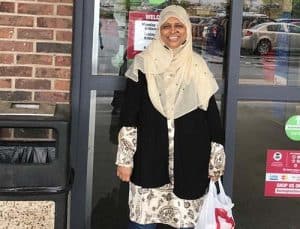Tim Muise
 Tim Muise was born in Gloucester, MA in 1963 and worked as a fisherman and longshoreman for most of his life. He became a foreman on the docks but gradually got involved with a criminal element and fell into a pattern of alcohol and drug abuse, and became an addict. After serving prison terms for minor crimes Tim was sentences to up to 20 years in state prison for his role in a crime that resulted in loss of life.
Tim Muise was born in Gloucester, MA in 1963 and worked as a fisherman and longshoreman for most of his life. He became a foreman on the docks but gradually got involved with a criminal element and fell into a pattern of alcohol and drug abuse, and became an addict. After serving prison terms for minor crimes Tim was sentences to up to 20 years in state prison for his role in a crime that resulted in loss of life.
Tim experienced depression and suicidal thoughts early in his prison term as he watched the violence and mistreatment around him. It was then that he had an epiphany.
“When I was a young man I was in the car with my father and we drove past Concord Prison. My father pointed to it and said that if you keep doing what you are doing you will end up there. He was right—I could hear his voice as the van drove through the prison gates for the first time. It was so powerful and my epiphany started right there. I was 33 but realized it was never too late to improve myself as a human being and to help people who cannot help themselves. It took tragedy and failure to get me to the point where I could recognize there might be some light and could embrace that I had great potential.”
While incarcerated Tim took college classes, authored a blog, Between the Bars, about prisoner mistreatment, and became a forceful advocates for prisoners’ rights and prison reform. He organized legislative information sessions and attended multiple meetings of the Massachusetts Legislative Harm Reduction Caucus, a coalition of legislators working to address the root causes of mass incarceration. In 2010 Tim went public with facts about a pervasive ‘sex for snitching’ system of abuse in state prison that resulted in an investigation by the Massachusetts DOC Assistant Deputy Commissioner. His actions often led to retaliation, including being transferred and placed in solitary confinement.
Tim was release from prison on June 21st, 2017 and found an apartment in Dorchester. CWS found him a well-paying job as a salesman at a sports club in Boston, but he preferred the supportive environment and mission of CWS, and returned to join its commercial cleaning program. “I just needed a place to start over, a place that would give me a chance. No one at CWS treated me like an ex con, they just gave me that chance and provided fertile ground for me to choose my own path. They always welcomed me in and let me use their computers. They showed a high level of caring and always called to check on me. I told Craig Stenning I am the right person, and when a position opened up they called me.”
Tim is now Commercial Cleaning Program Coordinator for CWS. He also serves as a health and safety officer for CWS, leads classes for returning citizens and takes great pleasure in assisting with CWS’s “Double Impact” program, leading teams that clean and disinfect areas where meals are produced for the hungry. Tim has two beautiful daughters, 36 and 31–who embraced him with love and acceptance when he was released from prison–two young grandchildren, and a wonderful fiancé. They recently bought a house together.
Now dedicating his life to helping others, Tim has a message for young people who may be tempted to make the wrong choices. “The best lesson for young people is that you have to realize how worthy you are. We always expect others to do for us but we need to do things for ourselves, not just in material things but to care for ourselves and respect ourselves. We need to find a way to love ourselves and understand that we deserve to live in an abundant manner. It’s hard to get across because life presents a lot of problems, but it starts with expecting more from the person in the mirror.”




 Arifa Hossain came to the United States from Bangladesh with her husband and two children in 2016. Eight months after they arrived, Arifa’s husband tragically passed away, leaving her alone to raise and support two young children. Arifa was terrified—she never left the house alone or traveled alone, and didn’t speak English. She had no employment history. All decisions were made by her husband.
Arifa Hossain came to the United States from Bangladesh with her husband and two children in 2016. Eight months after they arrived, Arifa’s husband tragically passed away, leaving her alone to raise and support two young children. Arifa was terrified—she never left the house alone or traveled alone, and didn’t speak English. She had no employment history. All decisions were made by her husband.